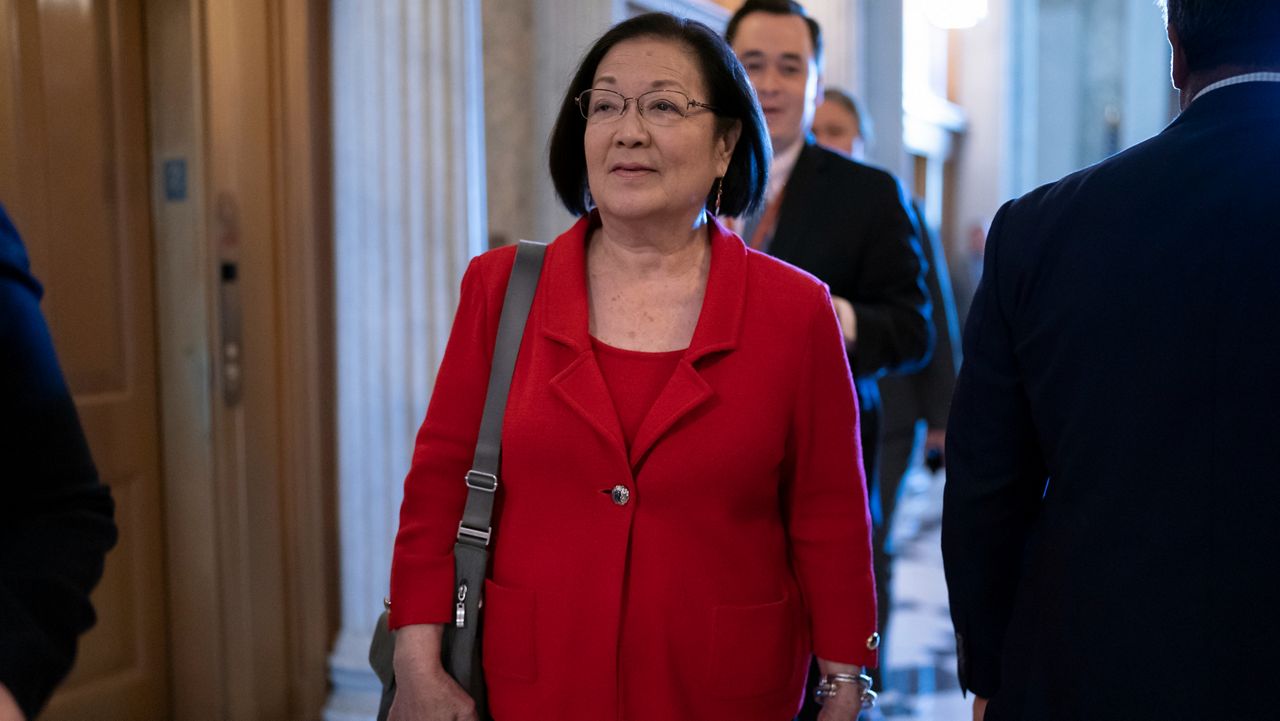Sens. Mazie Hirono, D-Hawaii, and Cory Booker, D-N.J., have reintroduced legislation aimed at strengthening access to sex education and sexual health services for young adults.
The lawmakers said so-called Real Education and Access for Healthy Youth Act is particularly important for those who face barriers to sex education and access to care.
Companion legislation was introduced in the House by Reps. Barbara Lee, D-Calif., and Pramila Jayapal, D-Wash.
“Currently, too many young people across our country are deprived of access to comprehensive, evidence-based sex education and sexual health services,” Hirono said. “Comprehensive sex education helps young people make safer, healthier decisions. The Real Education and Access for Healthy Youth Act will enable young people to make informed decisions and reduce health disparities experienced by underserved communities.”
Thirty-eight states and the District of Columbia require sex education or human immunodeficiency virus education. Of those, 13 states do not require the content to be evidence-informed, medically accurate and complete, age and developmentally appropriate, or culturally responsive.
The lawmakers note that many sex education programs and sexual health services are inaccessible or do not meet the needs of young people who are LGBTQ+, Black, Indigenous or from other marginalized communities.
“Every young person in our country deserves access to comprehensive and inclusive sex education and sexual health services,” Booker said. “It is unacceptable that so many states still lack evidence-based sex education. We must address these disparities and ensure that all young people, especially those from underserved communities, receive the comprehensive education and support they need.
“By promoting more comprehensive approaches to sex education, we can empower students to make informed decisions about their sexual health and break down barriers to create a more inclusive and equitable future for all,” he said.
REAHYA would offer the first federal grants for comprehensive sex education programs in the United States and end investments in Title V abstinence-only programs, which the senators characterized as “harmful.”
The grants would fund programs at high schools, colleges and organizations to support the sexual health and agency of students and young people. The measure would also require program grantees to promote gender equity and offer instruction that is inclusive of young people with varying gender identities, gender expressions and sexual orientations.
Michael Tsai covers local and state politics for Spectrum News Hawaii. He can be reached at michael.tsai@charter.com








